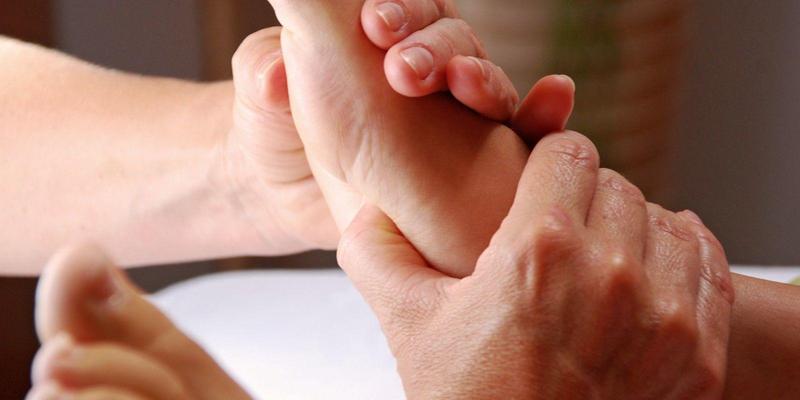Depression: How It Was Treated Historically Since Ancient Times
Depression: How It Was Treated Historically Since Ancient Times
Historical documents written by philosophers, and healers throughout the ages point to the ancient ways of treating depression, one of the most profound and debilitating illnesses one can have. This prominence disease was initially called “melancholia” at the time when the old time ‘physicians’ thought it’s only seen among those possessed by demons.
Watch video below or continue reading.
The early Babylonian, Chinese, and Egyptian viewed depression as a form of demonic possession, which takes away crucial aspects of life we need to thrive, like sleep, energy, memory, and sex drive; thereby using techniques such as beating and starvation to drive out demons from the afflicted person’s body. Some old physicians who held weird beliefs about the real cause of depression and those who were of the thought that depression was caused by an internal conflict between unacceptable impulses and a person’s conscience, invented the following ways with which depression was combated in the ancient times.
Some of the following practices are still relevant today.
Water Immersion
This therapy for depression was developed in the beginning of the 1800s. It involved keeping people under water for as long as possible without drowning them.
Jin Shin Jyutsu
This is an ancient practice of treating depression in Japan, it’s known to effectively treat not only depression, but, anxiety, PTSD and back pain.
It involves disabling the more-than-normal emotional states of depression, anger, fear and anxiety by pulling lightly and squeezing the fingers. Those who practice this method believe each finger addresses a different issue.
Lobotomy treatment
In the 1800s, people who see the depression treatments of the era as inadequate, and those who were so desperate to get treatment were treated with lobotomy: a surgical operation performed to destroy the frontal portion of the brain.
They called this a ‘calming’ treatment. But, Lobotomies were not successful as they result to poor judgment and decision making.
The ‘Talk’ Therapy
In 1917, Sigmund Freud who explained depression as a response to loss (death of loved ones, or failure to meet a target) which weakens the ego and bring about constant self-hate, recommended psychoanalysis (the “talking cure”) to help stop unconscious conflicts and self-abusive thoughts.
Talk therapy involves learning ways to react to things and challenging your preconceptions. – This became the leading treatment for autism and manic depression in the 1950s.
Electroconvulsive therapy
There is evidence that the ancient physicians performed electroconvulsive therapy (ECT) on those with depression.
In the early years of 1900s, ECT was a relatively common treatment for the affective disorders, especially depression with psychotic features and severe mania. Jarrie HF estimated in a paper on the treatment of depression with electroconvulsive therapy, and that one third of the 60,000 hospitalized patients in England and Whales would receive ECT.
Tuberculosis Medication
In 1952, medical experts discover isoniazid, a tuberculosis medication was good in treating people with depression. This discovery paved way for the greater use of medication for the treatment of depression and other mental illness.
The Walking Cure
“We were never designed for the sedentary, indoor, socially isolated, fast-food-laden, sleep-deprived frenzied pace of modern life,” says Stephen Ildari, author of The Depression Cure. “There’s a profound mismatch between the genes we carry, the bodies and brains that they are building, and the world that we find ourselves in.”
Vincenz Priessnitz, a pioneer in alternative medicine gained fame throughout Europe in the 1800s, for curing his patients via bathing and walking barefoot in fields of grass.
Arctic root (Rhodiola rosea)
Science is beginning to understand how works: a traditional Chinese medicine. The ancient herb has been used for depression for thousands of years. It is useful mostly for depression caused by seasonal affective disorder (SAD), and works by increasing the activity of the mood-enhancing neurotransmitters serotonin, norepinephrine and dopamine.
Tricyclic antidepressants (TCAs)
In the 1950’s and 60’s, tricyclic antidepressants were used by the doctors to treat moderate to severe depression. TCAs (amitriptyline (Elavil), protriptyline (Vivactil), desipramine (Norpramin)) work by increasing the level of norepinephrine in the brain synapses.
Be the first to post a message!
